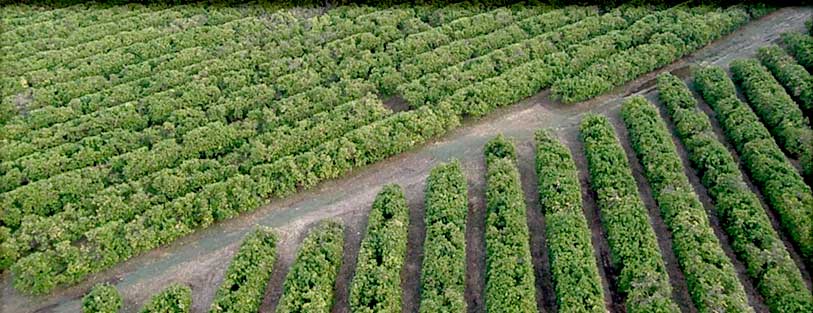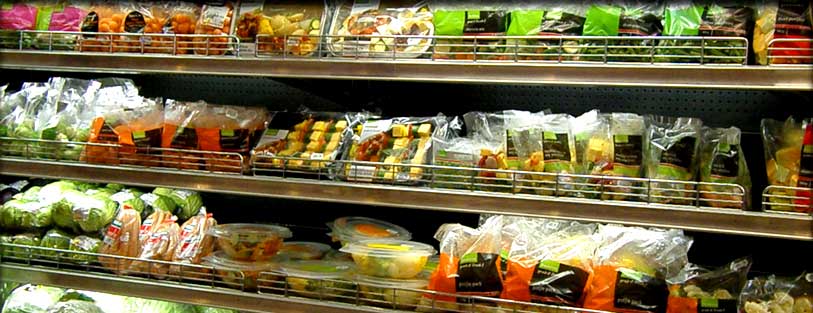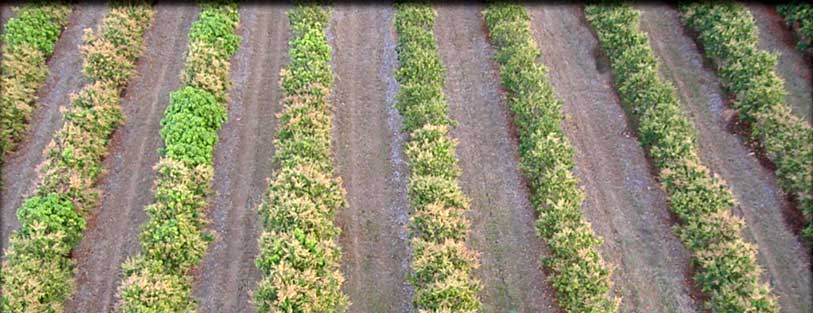Food Safety training means different things to different people and different companies. It covers a wide range of topics to meet the needs of different food sectors and different food safety standards. However much like the alphabet for reading or numerals for mathematics the basics need to be learnt first.
It normally starts with training in what is known as PRP’s (Pre-requisite Programmes) or GMP’s ( Good Manufacturing Practices) This essentially covers what the duties of a food handler are, as specified in the South African Regulations of the Department of Health (R962 of 2012). This is the minimum requirements by law and most manufacturing companies now choose an additional standard to work to. In South Africa we have the SANS (SA National Standard) 10049:2011 which is a voluntary standard on requirements for prerequisite programmes. Then there is also the ISO/ TS 22002-1:2009 detailing PRP’s for food manufacturing as opposed to those for catering or distribution or packaging manufacturers.
Learning outcomes
![]()
Any such guidelines or standards include all the basic topics which affect the safety of the final food products purchased by the consumer. The initial food safety training then covers these topics so employees understand what makes the food they handle (produce) essentially unsafe. They learn about personal hygiene, need for pest control, understanding cleaning, why maintenance is so important, the structure of buildings and how that impacts on food as well as the type of equipment used for food manufacture. These are all the building blocks of a sound food safety management system. It does not matter what final standard such as HACCP (Hazard Analysis Critical Control Point), ISO 22000 or BRC ( British Retail Consortium),the company is aiming to achieve, they all require the basics to be implemented.
Training Options
![]()
Once employees understand these concepts and their implementation, they will also understand some of the documentation that they are required to complete daily, weekly and monthly. The initial training needs to be targeted correctly according to their skills level in terms of language and comprehension. It is not ideal to mix shop floor staff with managers as their needs and understanding are different and then neither gets the full benefit of the training. If it is too advanced for some they get discouraged. To cater for all the needs of such a divers industry, Foodpath can offer courses in PRP’s / GMP’s that are targeted differently:
- Food Safety Fundamentals (½ day basic skills)
- PRP’s for Distribution (½ day for this sector)
- Understanding GMP’s (full day basic skills)
- Understanding PRP’s (full day with formal test)
After completing one of these courses, the employees are ready to progress to the next step in their food safety training which usually covers what HACCP is and how to implement this system.



